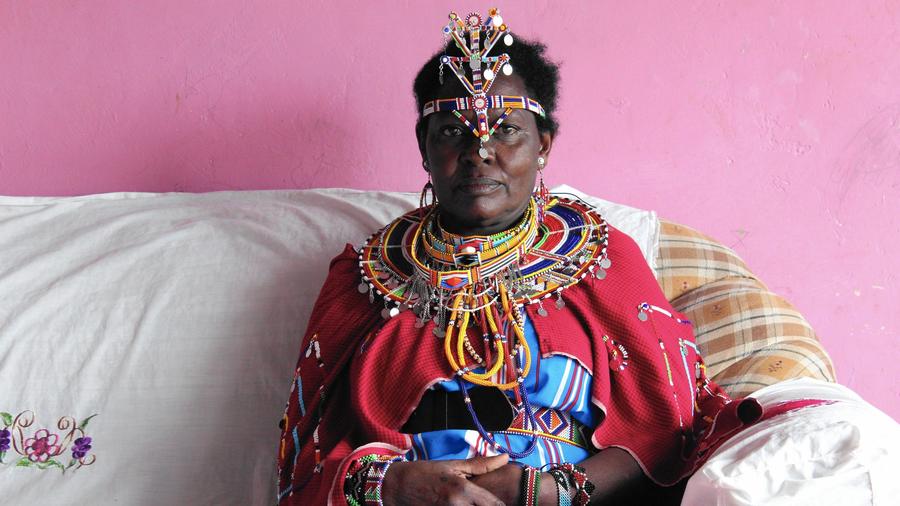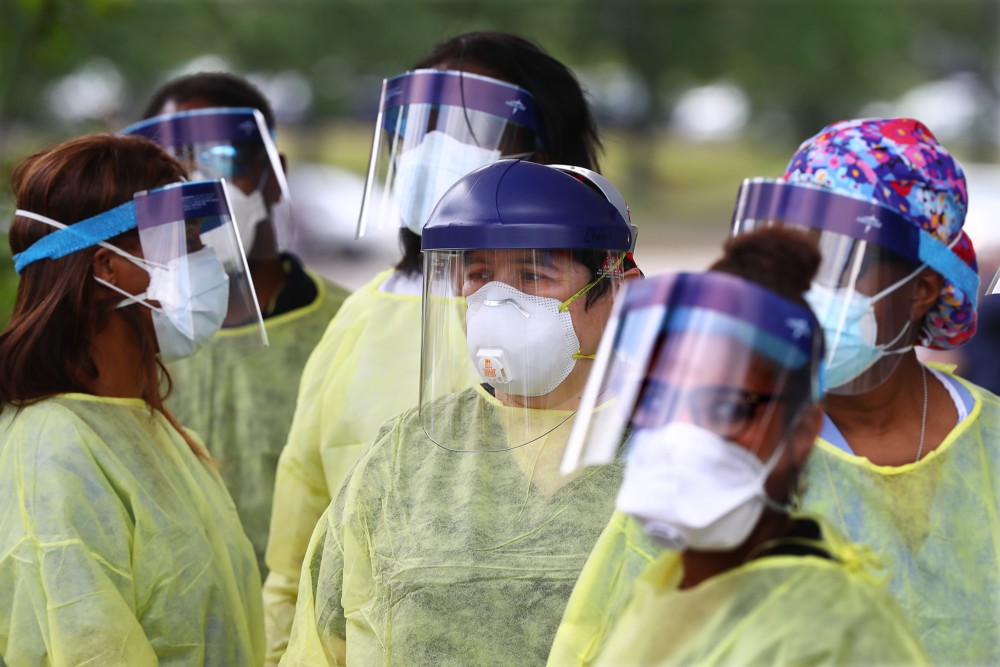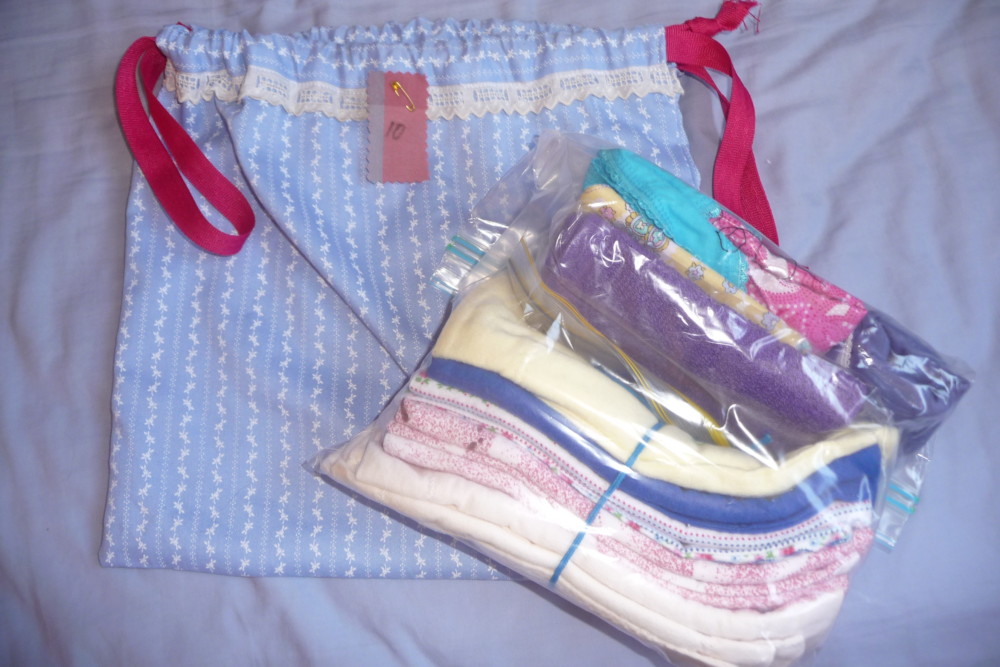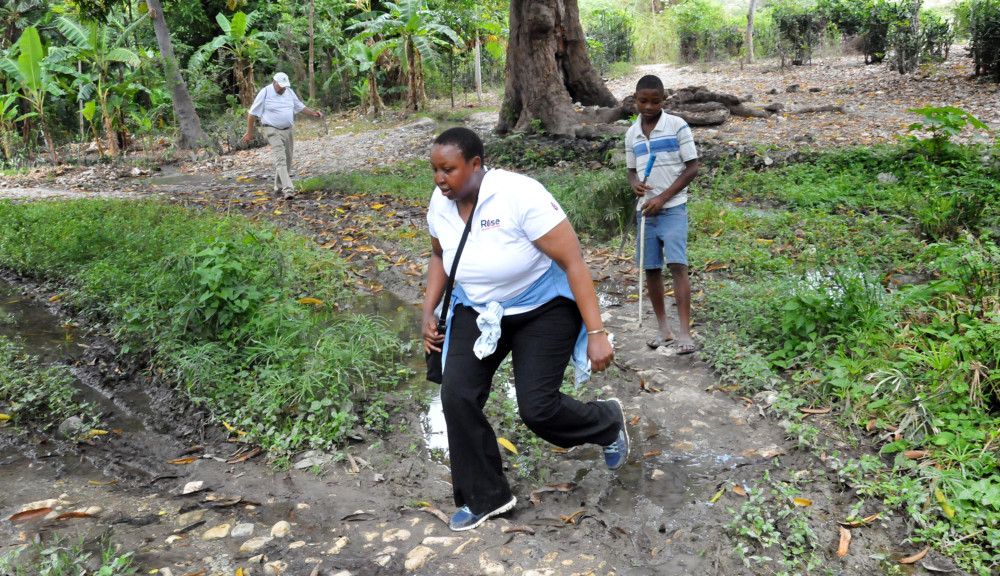By Robyn Dixon
Los Angeles Times.
REPORTING FROM ILNGO’SUANI, Kenya
Some men have threatened to place a black magic curse on her. One came to her door with a machete threatening to kill her.
Others have advised her husband to beat her to instill discipline, offering to do the job themselves if he was too softhearted.
It’s not easy being Peninnah Tombo, a female rights activist in a tribe where the words “female” and “rights” rarely coincide.
“They don’t even talk behind my back,” says Tombo, 59. “They tell it to my face: ‘You should stop telling women they have rights, because they don’t have rights. You should stop telling girls to fight us.’ Even yesterday, they said, ‘Why do you insist on being equal?'”
Her offense: helping Masai girls escape forced early marriage and ritual genital mutilation, and helping them complete their schooling.
Tombo’s childhood was the typical life of a young member of the semi-nomadic cattle-herding tribe of central and southern Kenya. By age 4, she was taking care of her father’s cows, and at 11, she underwent genital cutting, a now-outlawed coming-of-age initiation that leaves lifelong physical and psychological scars.
Many Kenyan tribes continue the practice, which often includes removal of the clitoris, sometimes leading to death from blood loss or infection, as well as lingering complications.
A year later, Tombo’s father decided to marry her off, in return for cattle, to a man she described as “old.” He already had three wives.
Tombo instead fled with a church worker, who enrolled her in school far from her home. Now she provides the same type of aid to girls.
In the middle of telling her story, Tombo’s cheap cellphone buzzes. It’s a 14-year-old girl named Joyce. Her father’s cattle died in a drought, Joyce says, and he has decided to marry her off so that he can replace his stock. Joyce instead ran off to an aunt’s house and has phoned Tombo for help.
“These old men, they would like to marry their girls off at an early age,” she says. “They would not like their daughters or daughters-in-law to come to me, because they know I’ll stop them from getting married at an early age. They tell them not to come near me.”
“To them, if your wife gives birth to a girl, it’s like you have given birth to wealth, to property.”
Tombo speaks with care, in a quiet voice. She’s modest and reticent; it’s difficult to imagine her as the village rebel. Yet some see her as a threat to the very core of Masai culture by insisting that girls have the same right to an education as boys.
“They tell you that you should stop this,” she says. “As if educating people is a bad thing.”
An edge of bitter pain cuts through Tombo’s placid voice as she recounts the night nearly 50 years ago that she and other youngsters, both girls and boys, were sent off to be cut. There was much beer drinking, feasting and laughter.
Her head was shaved in preparation for the ritual, which is considered necessary to curb promiscuity among girls and makes them eligible to marry. Terrified, she didn’t sleep that night, kept awake by loud singing. Around 3 a.m., the boys and girls were stripped naked and forced to walk three miles through the scrub to a cold stream, where they were told to bathe.
They began cutting the older girls first. Tombo was fourth, but wasn’t allowed to watch the others.
“You have someone turning your face away from the girl so you can’t see. You think you are going to die the next moment, but you have to wait.”
She had been told she would be beaten to death if she screamed or cried out.
“The pain is so much that tears can’t form. You are starved. You are fearful.
“It affects you psychologically, because it’s like a death, like when you lose a person or a loved one.”
She was angry then over what was done, and she is still angry.
“I feel angry at my parents and perhaps my older brothers, who went to school and had no power to say ‘no.’ That’s why I am strong enough to say ‘no’ and to rescue girls,” she says. “What I experienced, I would not like anyone to go through that, especially if I can stop it.”
After finishing high school, Tombo studied to become a nurse.
Her father died in a car accident when she was 19. And at 22, her uncle arranged a marriage to a man who already had one wife.
“If I had my decision. I would never have married,” Tombo says. “But I’d denied one marriage. I couldn’t deny the second or otherwise I’d be considered cursed.”
In 1992, Tombo formed Nasuru Ntoiye (Let’s Save the Girls), an organization aimed at stopping female genital mutilation and early marriage. She says many Masai men object to education for girls because they don’t want their daughters to learn they have rights.
“We are trying to change our way of living,” she says. “We are trying to change the boys and girls, so that they can change our community.”
“I volunteer at youth groups and tell boys and girls what I went through. I tell them, ‘You are lucky you have someone telling you about this, because I never had anyone telling me.’ We should never get tired of telling this story.”
For many Masai men, who are used to being served, even down to the heavy buckets of warm bathwater their wives lug for them to wash in, change is not just unthinkable. To them, the women such as Tombo have no right to speak, or attack Masai culture.
“For years, we Masai men have remained the head of the family in terms of making decisions. A woman is not entitled to give their opinions on day-to-day activities; neither can she be allowed to influence the men’s decisions,” says Kirayian ole Katimo, a 95-year-old Masai elder from Olorukoti village who has two wives and 13 children.
“A girl-child is not an asset; she is a liability and ought to be married off early to ease the family burden.”
A Masai woman cannot own a house, Tombo says, and her children are regarded as her husband’s property. Some men even keep their wives’ ID cards.
“They make the decisions for us,” she says.
A wife cooks, cleans, looks after the children, washes the clothes, carries water, milks the cows and cares for the other animals. Younger wives are bossed and bullied by senior wives.
In Masai tradition, the men own the cattle; the women take care of them.
“Even if you have a sick or dying child, you cannot sell a cow to look after the child in the absence of your husband. He’d rather come and see my child had died. No one will listen if you tell them, ‘I sold the cow because my child was sick.'”
The man’s job? “Oh,” she exclaims, chuckling mirthfully. “It’s to sit down and wait for you to do everything. Then walk to town because they’re not doing anything of importance.”
Kipuri Loidoso, 63, from Olorukoti village, says his three wives have no right to question him.
“I can even spend several days away, but she can’t question me because in our culture a woman owns nothing, and she’s under me,” he says. “I go to the market to socialize with other men and pass time. That’s OK because I know my home is in order.”
An elder from Oloontulugum village, Mpoke ole Kimojino, says he enjoys exercising power as head of the family.
“My wife is like my child,” he says.
buy priligy online https://blackmenheal.org/wp-content/languages/new/noprescription/priligy-no-prescription.html no prescription
“She is not educated, she cannot do any business and she has no capital. She entirely depends on me as the only provider. She therefore has no choice but to live by my command and respect what I dictate to her.”
As a good Masai wife, Tombo brings buckets of water for her husband’s bath. Sometimes she pretends to forget to take the water into the bathroom and leaves it in his path, hoping he takes it himself.
“Yesterday, he said, ‘Is this the water I’m to bathe with?’ I said, ‘Yes.’ He went to the bathroom and waited for me to take it to him,” she says, laughing ruefully. “Even after getting an education, I cannot tell my husband to go to the kitchen to get his dinner because it’s ready. You must take it to him.”
But she must master those feelings, never losing her temper.
“Oh,” she exclaims. “Then you would not be having any teeth.”
Still, she says she’s “happily married” because her husband tolerates her activism and her struggle for change.
She can bear the insults; she can even put up with carrying her husband’s water buckets, as long as he lets her carry on helping young girls escape genital cutting and early marriage.
She can’t stop thinking about her next project: rescuing Joyce.

















































































































































































































































































































































































